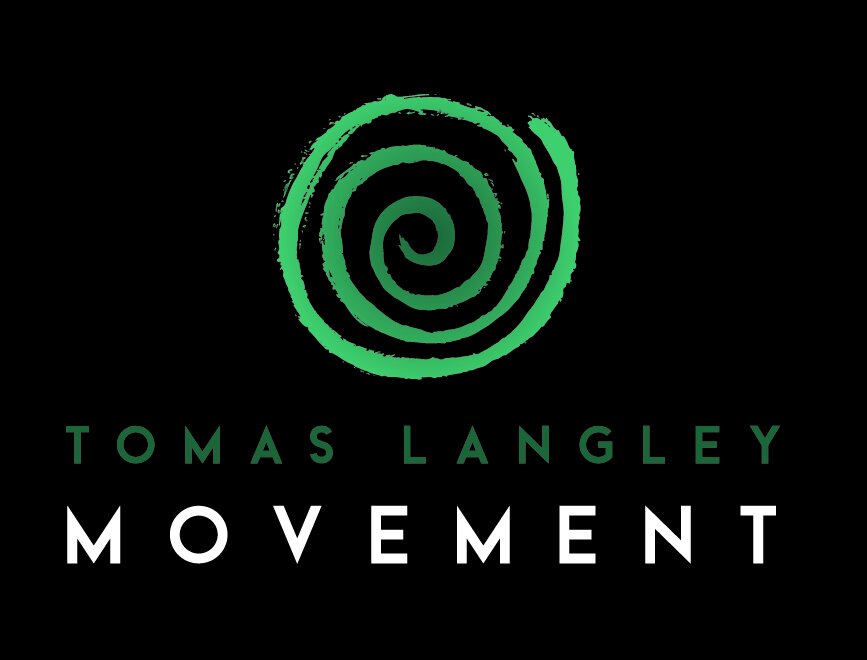The complexity of what happens when we process food isn't well understood from a health perspective.
Don't get me wrong, we know a lot of things about the process, but there's so much we don't know.
Partly, this is because food science has worked to understand how to make things appealing to you rather than to understand the health aspects. Heath is usually an afterthought. Some trait of the creation that happens to exist being highlighted because, in comparison to other features of the creation, it's a healthy thing.
Suddenly you have food marked as "high in antioxidants" and sold as healthy.
Antioxidants might be a positive choice for you. But they don't necessarily make that food healthy, or even make it a food that makes all those antioxidants available to you (remember, your body still had to process the food).
It's bloody confusing.
The thing is, no food is inherently good or bad. Food is a story. It's a script. It's information we give our bodies. It's part of the communication we have with the world. It's meals, it's people, it's community.
When you're feeling confused about all the complexity (including that which is added by all those health claims), try to remember what story you're trying to tell.
Choose food that helps you communicate that story.
If you need help starting to tell your story, I can help you get started. Reach out to me and let's get your story told!



